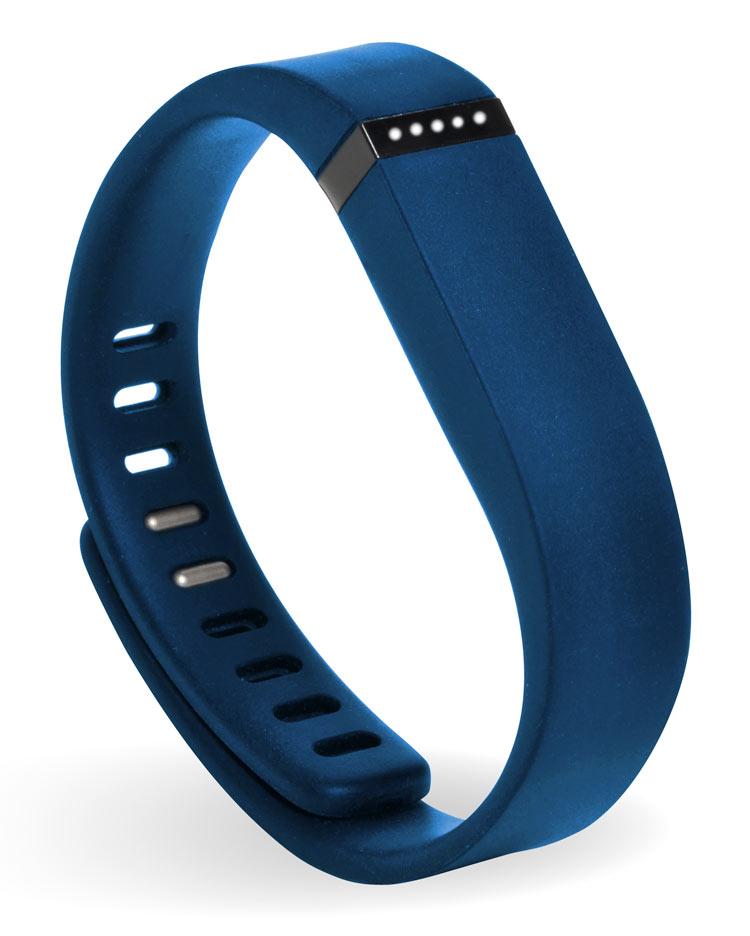

Leveraging the Power of Community
Working Toward Health Equity in Detroit
Responding to the Needs of the Underserved
Overcoming disparities in healthcare and outcomes is a primary component of IHPI’s mission. That mission starts right in our own backyard, with healthcare interventions designed and implemented for specific populations in need, including residents of the City of Detroit, and military veterans who receive care at the Ann Arbor Veterans Administration Health Care Systems.
Leveraging the Power of Community
The University of Michigan has a long history of working to improve the health of Detroiters. A prime example is the Detroit Community-Academic Urban Research Center (Detroit URC).
Established in 1995, the Detroit URC is a collaboration of the U-M Schools of Public Health, Nursing and Social Work; nine community-based organizations (Community Health and Social Services, Inc., Communities In Schools, Detroit Hispanic Development Corporation, Detroiters Working for Environmental Justice, Eastside Community Network, Friends of Parkside, Institute for Population Health, Latino Family Services, Neighborhood Service Organization); the Detroit Health Department and Henry Ford Health System. It works to identify problems affecting the health of Detroit residents, conducts interdisciplinary, community-based participatory research, and uses the learning to design, conduct and evaluate public health interventions and policies that promote health equity.
Two anchoring approaches inform the work of the Detroit URC. The first is community-based participatory research (CBPR), a mutually beneficial approach to research that emphasizes equity and power sharing and involves all partners in defining the issues and designing and implementing both basic etiologic research and health interventions.
The second is the active role of Community Health Workers (CHWs) (or Community Health Promoters [CHPs]) in the health interventions designed, implemented and tested through the CBPR partnerships affiliated with the Detroit URC. CHWs (who have many program-specific titles) or CHPs are trusted members of the same communities involved in the program. They are trained in leadership and other core CHW competencies to “build individual and community capacity by increasing health knowledge and self-sufficiency through a range of activities such as outreach, community education, informal counseling, social support and advocacy. They also are trained in program-specific content such as community organizing, diabetes self-management, physical activity, nutrition, environmental triggers of childhood asthma, maternal and child health, and others. Because they share a common culture, language and neighborhood with those they work with, CHWs play a critically important role in IHPI's efforts to improve health and reduce health inequities in Detroit.
IHPI and its partners in Detroit recently received a U-M Poverty Solutions grant to fund the initial work of an effort that aims to develop a new model for using community health workers to serve low-income individuals and neighborhoods.
Two partnerships affiliated with the Detroit URC led by IHPI members illustrate what’s possible when CHWs are engaged with individuals, families and communities to address health issues. The Healthy Environments Partnership (HEP) is a CBPR partnership focusing on promoting heart health and reducing socioeconomic and racial inequities related to cardiovascular disease in Detroit neighborhoods. A partnership among community based organizations, health service providers and academic researchers, HEP worked closely with community residents and leaders to design a multilevel intervention to promote physical activity among Detroit residents, and to promote walkability within Detroit neighborhoods.

One component of this intervention demonstrated the effectiveness of Community Health Promoter (CHP)-facilitated walking groups based at neighborhood organizations in promoting physical activity and reducing cardiovascular risk in neighborhoods whose residents encounter many challenges in their efforts to lead active lifestyles. Results have demonstrated the key role played by CHPs in maintaining participation in the walking groups, and their effectiveness in promoting physical activity in neighborhoods with high levels of poverty and perceived safety challenges, factors which have been shown in other studies to reduce adherence to interventions.
The REACH Detroit Partnership has been a community-driven approach to preventing diabetes and related conditions and improving quality of life in several predominantly African-American and Latino communities in the city. Founded in 1999 with a REACH (Racial and Ethnic Approaches to Community Health) grant, REACH Detroit has had several phases. Community Health and Social Services (CHASS), a federally qualified health center and URC partner in southwest Detroit, has served as host organization and often prime grantee, collaborating with University of Michigan, health system and community organization partners, throughout. Community resources and activities were developed, including CHASS’s community produce market and community-based physical activity.
CHWs link participants with community resources and services that address the social determinants of health; help participants develop health-related and other goals; and provide individual and group education and social support through home visits, group education sessions and by accompanying participants to clinic visits.
Our research shows that community health workers are effective in empowering residents of low-resource communities to achieve healthy behavior change. Sustaining their work as members of healthcare teams is an essential part of healthcare reform.– Edith (Edie) Kieffer, M.P.H., Ph.D., URC member and PI of Healthy MOMs and several REACH Detroit-affiliated projects
Evaluations by Detroit REACH have consistently shown that participants have achieved significantly improved blood sugar control, improved diabetes-related knowledge and self-management efficacy, reductions in diabetes distress and depressive symptoms. The most recent results showed that adding a peer-led component (peers being trained, former REACH Detroit participants) led to sustained outcome improvements. Promising e-Health approaches to further increase the effectiveness and reach of CHW-led initiatives have also been demonstrated. e-Health approaches to further increase the effectiveness and reach of CHW-led initiatives are also demonstrating great promise.
My passion is how we can design systems that better support patients, and how we can create linkages between primary care and community resources. Particularly for people living with chronic conditions, most of what determines their health is what they have to do between face-to-face visits. A lot of what I do is thinking about how we can better extend support beyond the clinic, through self-management support, peer support, community health workers, and mobile health tools.– Michelle Heisler, M.D., M.P.H., whose research has documented the positive impact that CHWs can have on people managing diabetes
A sister CHW-led diabetes prevention initiative, Healthy Mothers on the Move (Healthy MOMs), has shown significantly improved dietary outcomes and reduced depressive symptoms among pregnant Detroit Latinas.
Based on these successes, the CHW programs are being integrated into ongoing care at CHASS. U-M researchers and CHASS partners are evaluating the implementation and effectiveness of this significant change in healthcare delivery.
Within CBPR, there’s recognition that we as researchers come with expertise on how to conduct research, but our community partners know what’s culturally appropriate, what’s going to be viable in the community, and what the issues and concerns of community members are.– Barbara Israel, Dr.P.H., director of the Detroit Urban Research Center
Looking out for veterans
IHPI members are devoted to making healthcare for veterans more patient-centered, effective, safe and affordable. Many of their projects focus on helping individuals and providers manage some of the most common and challenging chronic health conditions faced by veterans:
Diabetes
Type 2 diabetes impacts one in four veterans, a significantly higher prevalence than is seen within the general population. While several strategies have been developed and tested to help people improve blood sugar control through diet, exercise and medication, much work remains to develop interventions that will be both effective for veterans and cost-effective for the VA health system.

One IHPI team is studying how a lifestyle modification plan called the Diabetes Prevention Program (DPP), which has been shown to be highly effective within the general population, could be adapted for veterans, and how DPP compares to the current standard of diabetes prevention used within the VA system, an exercise-based program called VA-MOVE.
In addition to adapting existing interventions to the needs of veterans, IHPI members within the VA Center for Clinical Management Research (VA CCMR) and the U-M Center for Health Communications Research (CHCR) are working on novel new interventions in diabetes, including:
Technology-Enhanced Coaching (TEC)—a program for improving diabetes outcomes through peer mentoring and support.
iDECIDE for Veterans—a program that helps veterans work with their healthcare providers to develop diabetes management plans.
Chronic Obstructive Pulmonary Disease(COPD)
Veterans are three times more likely to develop COPD than the general population. Low levels of physical activity are common in patients with COPD, leading to greater risk of death and hospitalizations and poor health-related quality of life. IHPI investigators have developed and tested a walking program for veterans with COPD (Taking Healthy Steps). Using pedometers to count steps, participants log on to an internet-based platform to track their results and communicate with providers and other participants. Several elements of the intervention, including goal setting, education, motivation and the feedback and support of a community, have been shown to contribute to better results than walking with a pedometer alone.
Prostate Cancer
VA CCMR and CHCR investigators have developed and are testing an intervention called Making the Choice for Veterans, a tool to help veterans make treatment decisions regarding early-stage prostate cancer.
Heart Attack and Stroke
Another VA CCMR and CHCR partnership project, the VA Cardiovascular Tool, allows physicians to input data and generate patient-specific heart attack and stroke risk-reduction strategies and treatment options to discuss with patients. 